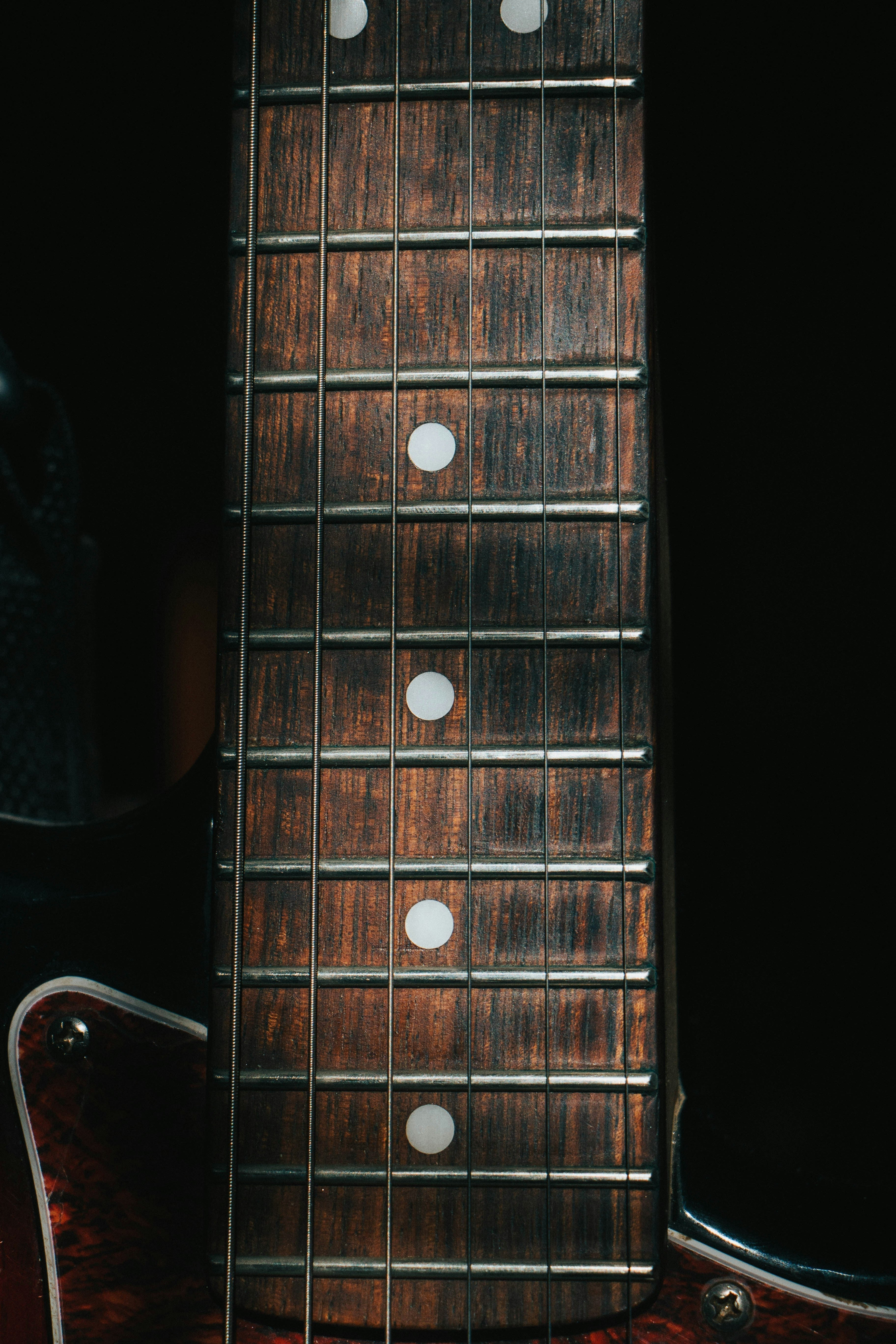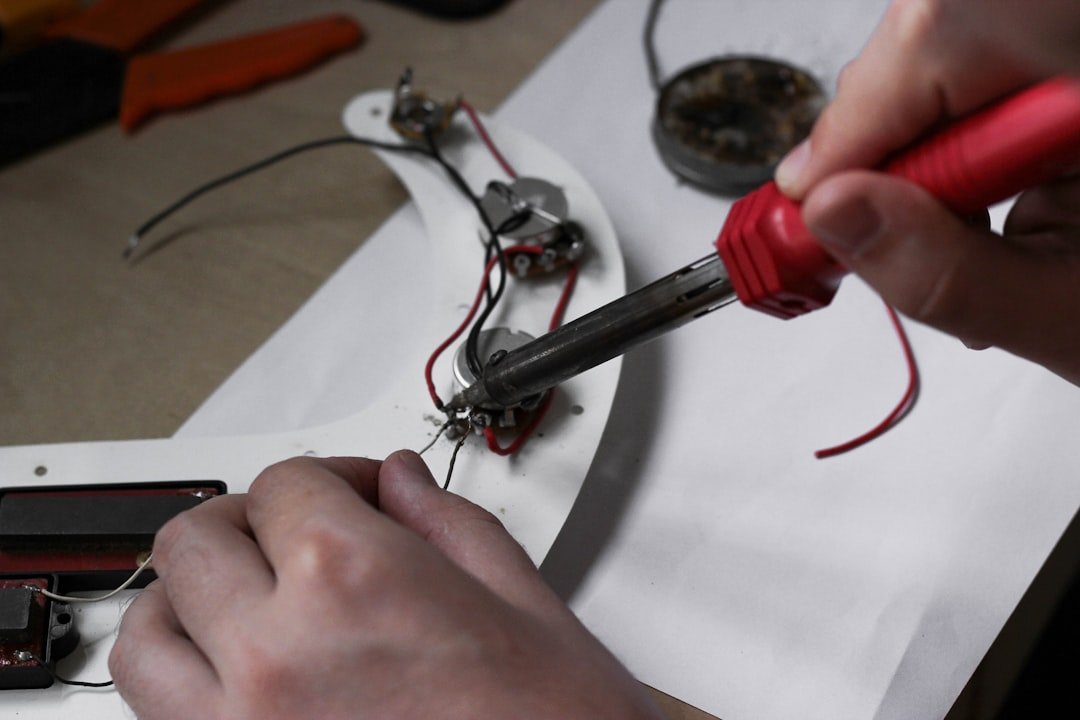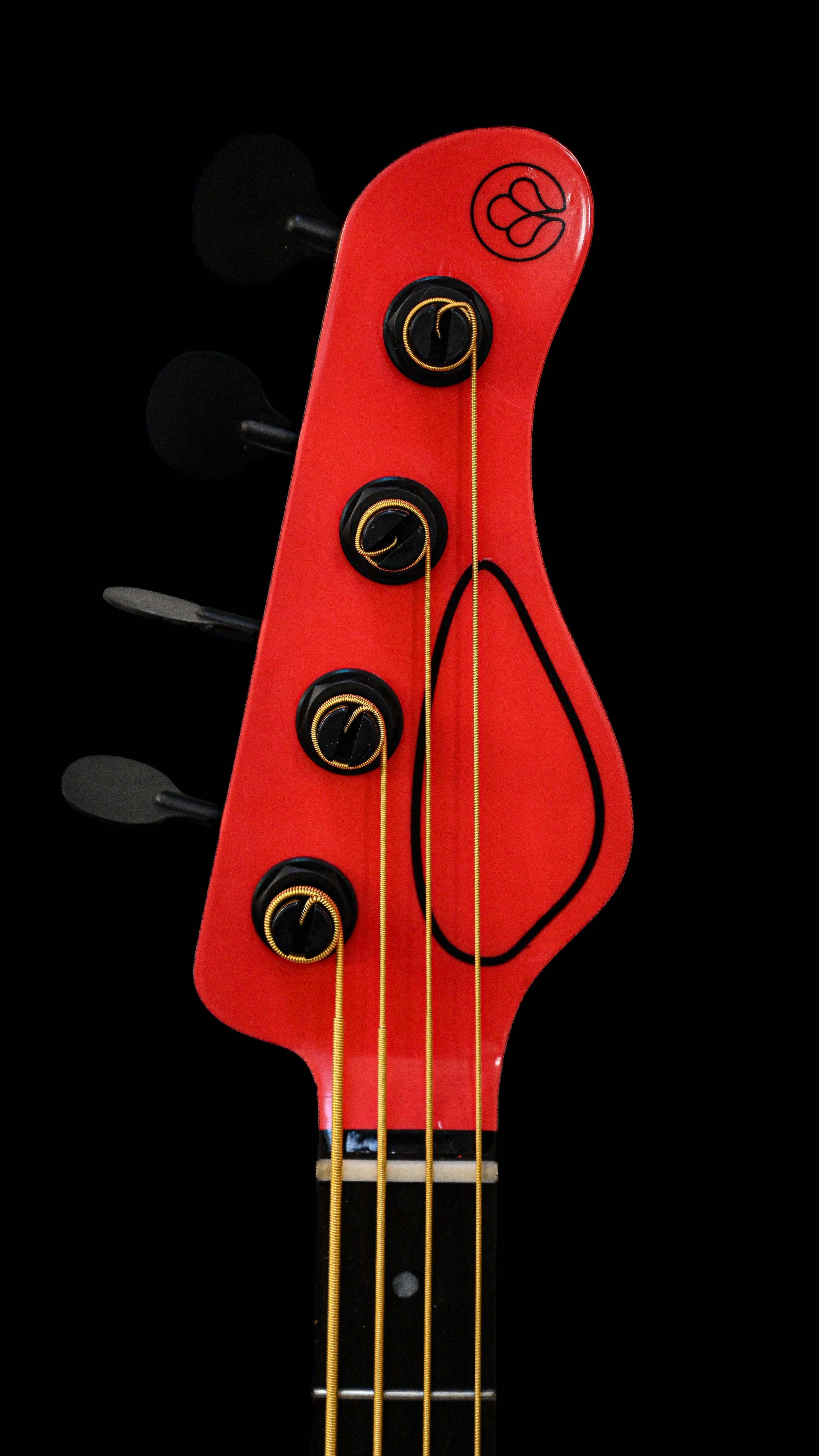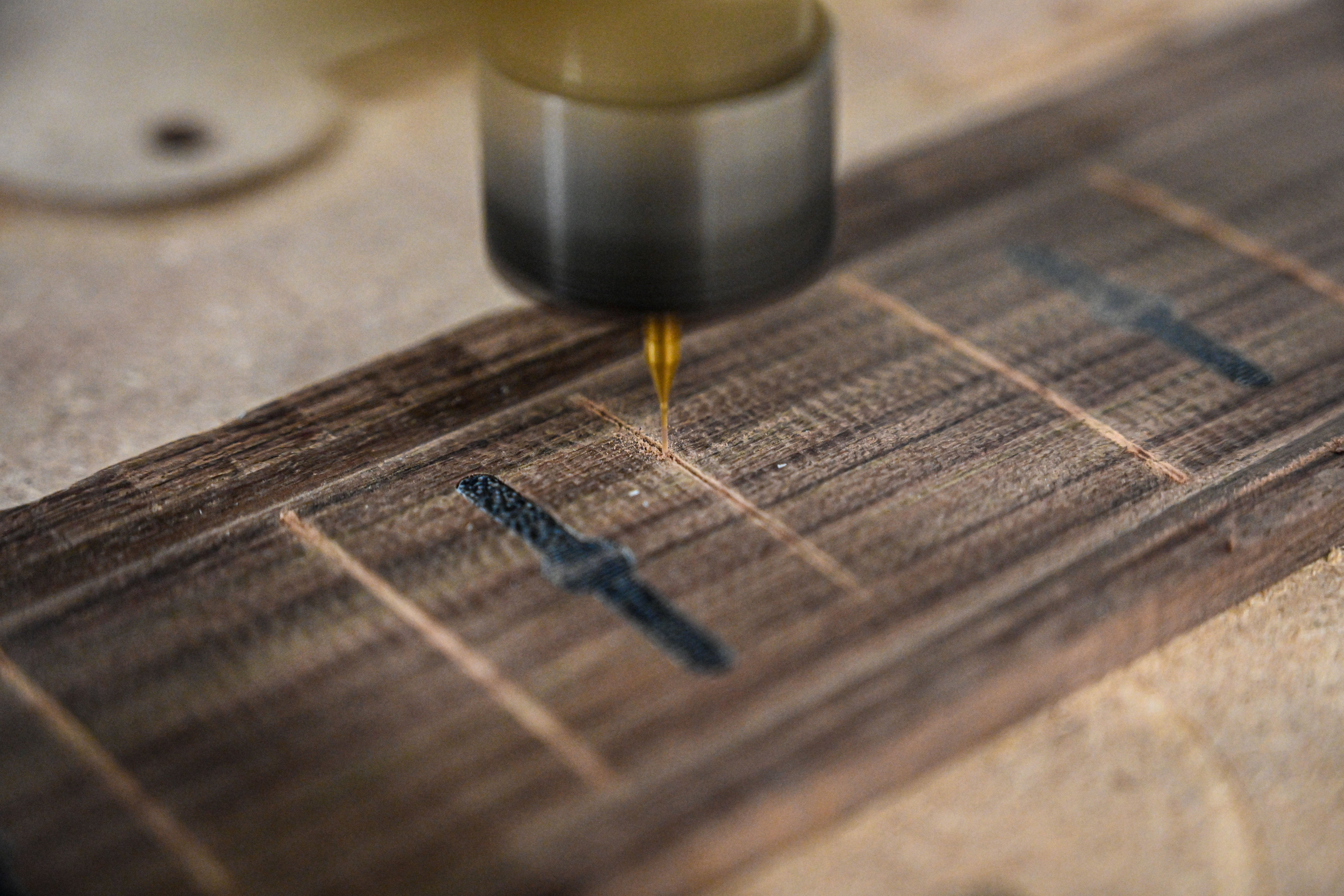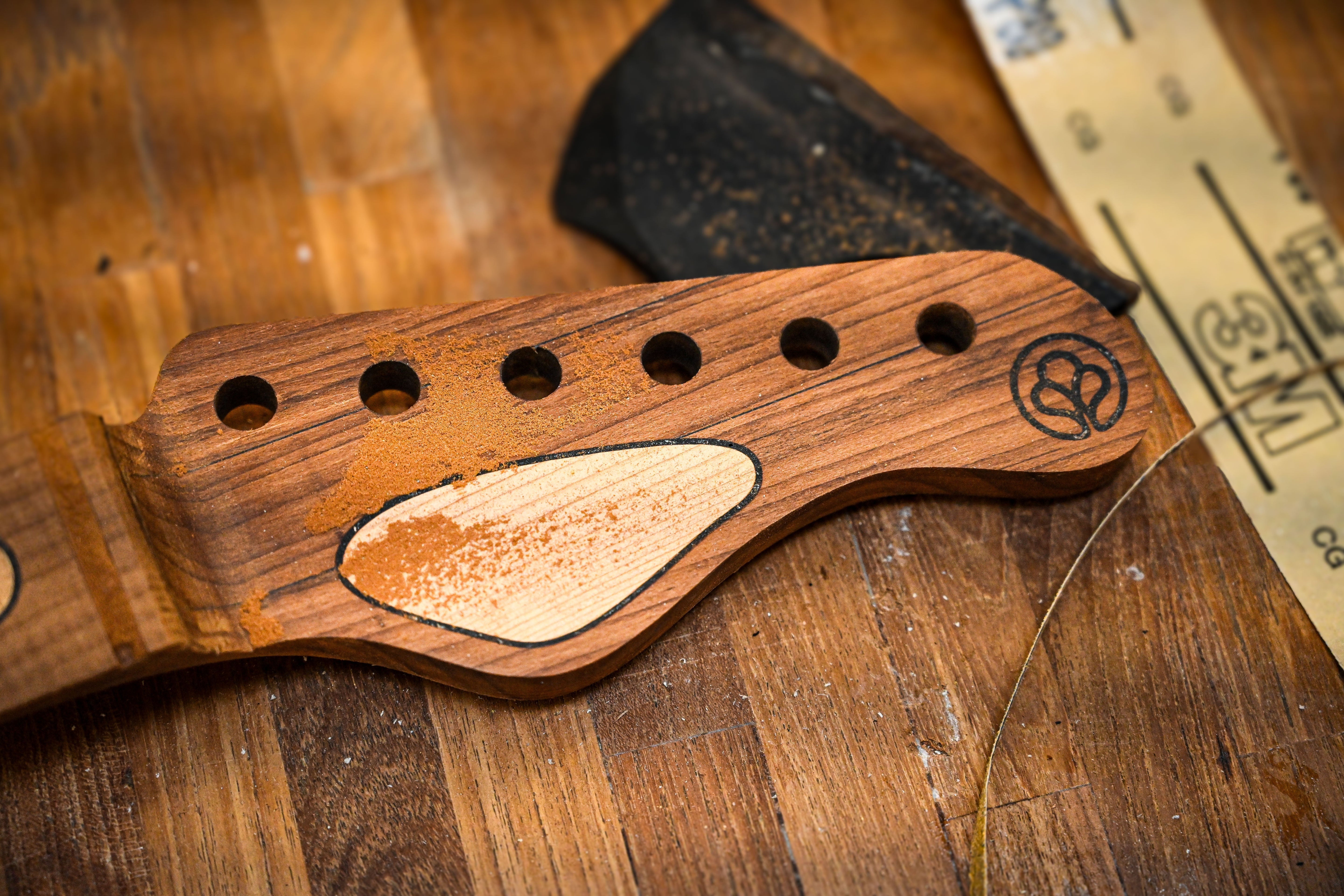Infos, Hot Takes and Science
The Truth About Tonewoods in Solid-Body Electric Guitars
What role does wood actually play in shaping the tone of an electric guitar? This article unpacks decades of acoustic research, psychoacoustics, and measured data to separate myth from measurable fact. From damping and resonance to human hearing thresholds, we examine where tonewood matters—and where it doesn’t. Ideal for luthiers, players, and skeptics alike. No fluff, no dogma—just evidence.
Luthiers in Paris – Tradition, Craft, and Innovation in the City of Light
Paris has long been a centre of excellence for stringed instrument making, from historic violin masters to today’s innovative electric guitar builders. This article explores the craft, history, and future of luthiers in Paris, and how workshops like Belforti Instruments are blending tradition with modern design to create instruments for musicians worldwide.
Truss Rods and Neck Relief: A Luthier’s Guide to Guitar Setup
Want your guitar to play smoother and sound better? This guide breaks down everything you need to know about Truss Rods and Neck Relief—from how they work to adjusting them safely. Whether you're a DIY enthusiast or just curious, this luthier-approved article covers the essentials for better tone, action, and playability.
This in-depth guide explores everything you need to know about guitar and bass pots. Learn how different pot values, tapers, and types affect tone and functionality. Whether you're working with passive circuits or active electronics, this article covers the best options for volume, tone, and blend controls—with practical installation tips and insights into modern trends like smart pots.
Top 5 signs your guitar needs a setup
Is your guitar no longer responding like it used to? Buzzing strings, approximate tuning, degraded playing comfort… All these signs indicate that a setup is needed.
In this article, we review the five most common symptoms and explain why a professional setup can radically transform your playing experience.
Guitar Setup : What is it ? (and what it isn't)
A professional setup can make your guitar or bass feel like a whole new instrument — but there’s often confusion around what a setup actually does. This article breaks down what’s included in a setup, what improvements you can realistically expect, and where the limits lie. From action and intonation to pickup balance and tuning stability, we’ll cover how a setup works and how to communicate your preferences to get the most out of the process. Whether you're a seasoned player or new to the world of lutherie, understanding this service will help you play better — and avoid disappointment.
Strings Attached: Understanding Guitar and Bass Strings
This in-depth guide breaks down the components that make up guitar and bass strings, from core materials and winding methods to gauge selection and lifespan. Learn how tension, construction, and maintenance affect tone and playability. Whether you're a player searching for your sound or a builder refining your craft, understanding strings is essential.
Why Fretslots ? Fret slots are critical to a guitar’s performance, yet often overlooked. This article explores slotting techniques, common pitfalls, and why radiused fret slots are a superior choice for serious luthiers.
Custom Guitar 101: Everything You Can Customize
Curious about building a custom guitar? This article breaks down every major customization option available in high-end lutherie—from woods and neck profiles to pickups and aesthetic details. Whether you're a seasoned player or a curious first-timer, learn how tools like the Belforti configurator help you design the perfect instrument with ease.






